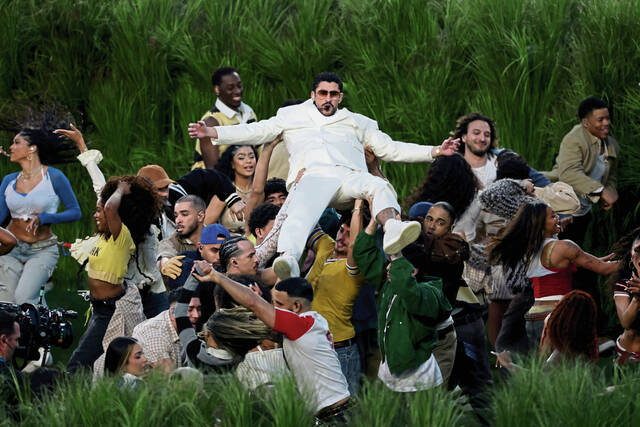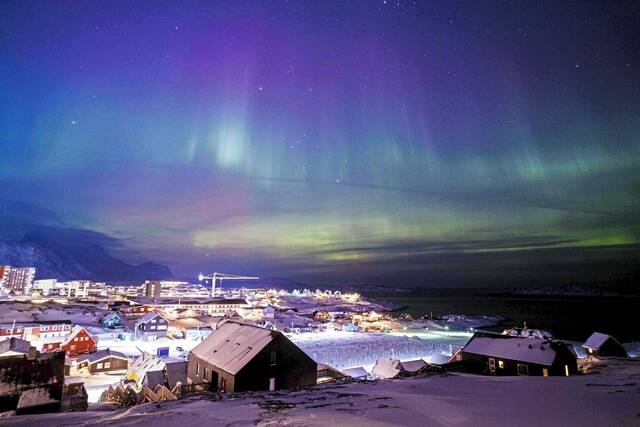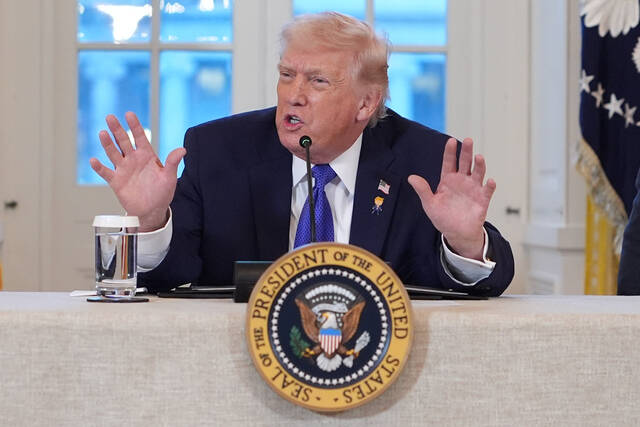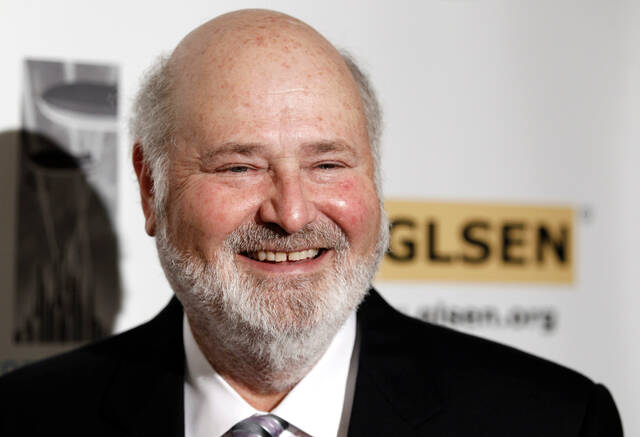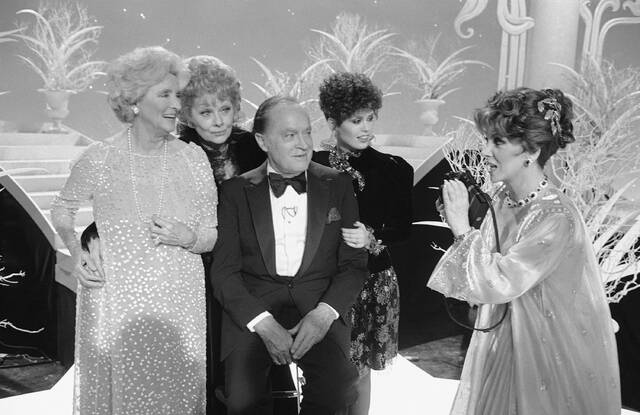Thanksgiving is quintessentially American, as is the Black Friday that follows. The former is about the virtue of giving thanks, whereas the latter is about, well, something else entirely. Let’s ponder the first, with some insights from our presidents and a non-American.
In 1789, George Washington proclaimed a “day of public thanksgiving and prayer,” urging citizens to practice “true religion and virtue.” In 1863, President Abraham Lincoln set aside the last Thursday of November “as a day of Thanksgiving and Praise to our beneficent Father.”
Every November since, Americans and their presidents have honored this day committed to being grateful.
President John F. Kennedy stated in his first Thanksgiving proclamation: “More than three centuries ago, the Pilgrims, after a year of hardship and peril, humbly and reverently set aside a special day upon which to give thanks to God.”
President Ronald Reagan stated in his 1986 proclamation: “Rooted deeply in our Judeo-Christian heritage, the practice of offering thanksgiving underscores our unshakeable belief in God as the foundation of our Nation and our firm reliance upon Him from Whom all blessings flow.”
I could go on with quotes from presidents Democrat and Republican.
It’s true that some other countries celebrate Thanksgiving, but not many. Google and you’ll see anywhere from a half dozen to a dozen that mark some form it. But the day is uniquely American because of its roots from the Pilgrims to Washington to Lincoln. And it’s interesting to get a Thanksgiving perspective from a non-American.
This Thanksgiving, we’re hosting a Grove City College student from India, where there’s no Thanksgiving. His name is Khush. Last weekend, he watched my sons and me “process” two turkeys we raised. (See my piece for Thanksgiving last year, “Raising Turkeys.”) That itself was an altogether different experience for Khush, as is Thanksgiving Day.
I asked his thoughts on this uniquely American thing. A thoughtful guy, part mathematician and part theologian, Khush waxed philosophical:
“I think it’s nice because it forces families to come together once a year and try to get along, even with diverse beliefs and interests. Otherwise, all year long you’re with friends, who you choose, but you can’t choose your family. With family at Thanksgiving, you’re forced to love people just as people.”
Khush grew more pensive, quoting a G.K. Chesterton observation on “Beauty and the Beast”: “Something must be loved before it can be lovable.”
Added Khush: “The current world is further organizing people into their own groups of like-minded people, especially with social media. Thanksgiving forces you to interact with people who may not think like you. We might have nothing common with our relatives other than blood relations.”
Sure, some families are like-minded and don’t have major waves to navigate around the table. But many to most are the opposite. At Thanksgiving, once a year, you’re forced to behave, to be polite, civil. You might have to avoid politics and religion. It’s a sacrifice.
These are yet more virtues.
Frankly, by the very next day, Black Friday, that virtuous behavior might be gone again. Black Friday can be about loving things rather than making something lovable. Why not keep the Thanksgiving spirit with your family members all year ’round, sustaining it from Black Friday on?



